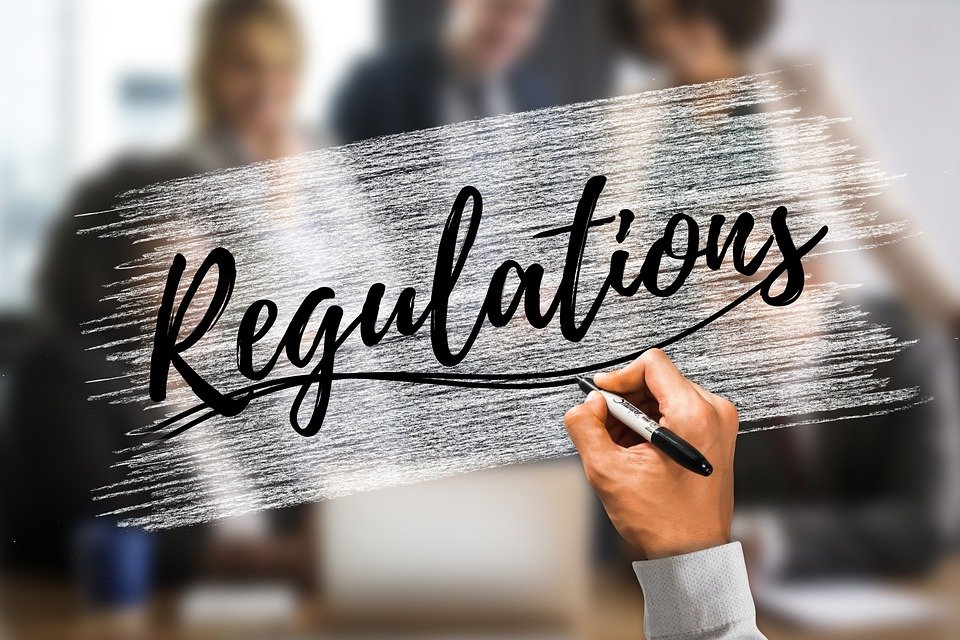The connection between politics and the economy is a complex and multifaceted relationship that has been the subject of much debate and analysis. At its most basic level, politics refers to the processes and institutions involved in making decisions about government policy and the allocation of resources, while the economy encompasses all of the activities related to the production, distribution, and consumption of goods and services.
One of the most obvious ways in which politics and the economy are connected is through government policies that affect economic activity. For example, a government can implement tax policies that incentivize certain types of economic behavior, such as investing in renewable energy or purchasing locally produced goods. Similarly, a government can regulate industries to ensure that they operate in a way that is beneficial to the economy as a whole.
Another important way in which politics and the economy are connected is through the role of government in providing public goods and services. These include things like infrastructure, education, and healthcare, which are essential to the functioning of the economy but are often too costly for individuals or private businesses to provide on their own. The government can also take on the role of providing a safety net for individuals and businesses that are struggling to make ends meet, through programs like unemployment insurance, food stamps, and small business loans.
Politics can also play a major role in shaping the overall direction of the economy. For example, a government can prioritize certain industries or sectors, such as technology or manufacturing, by providing funding for research and development or by offering tax breaks to companies operating in those fields. Additionally, politics can influence the level of regulation that businesses face, which can have a significant impact on their ability to operate and grow.
Finally, politics and the economy are connected through the way in which economic conditions can influence political outcomes. For example, if the economy is in a recession or experiencing high levels of unemployment, voters may be more likely to support policies that prioritize job creation and economic growth. Similarly, if the economy is doing well, voters may be more inclined to support policies that focus on other issues, such as social welfare or environmental protection.
In conclusion, the relationship between politics and the economy is a complex and dynamic one that is shaped by a wide range of factors. While there are many different ways in which politics can influence economic activity, it is clear that the two are deeply interconnected and that policies and decisions made by governments can have significant impacts on the overall health and wellbeing of the economy as a whole.

